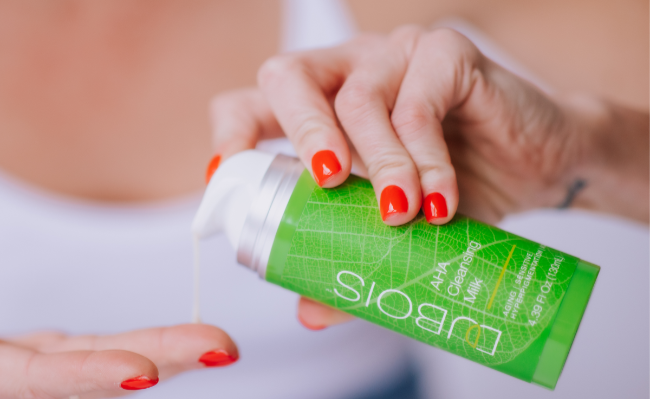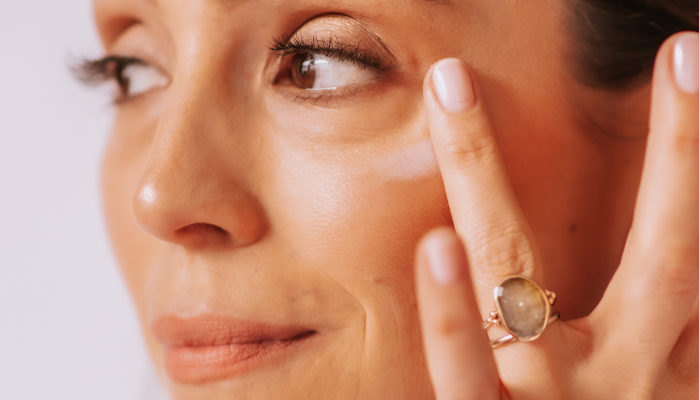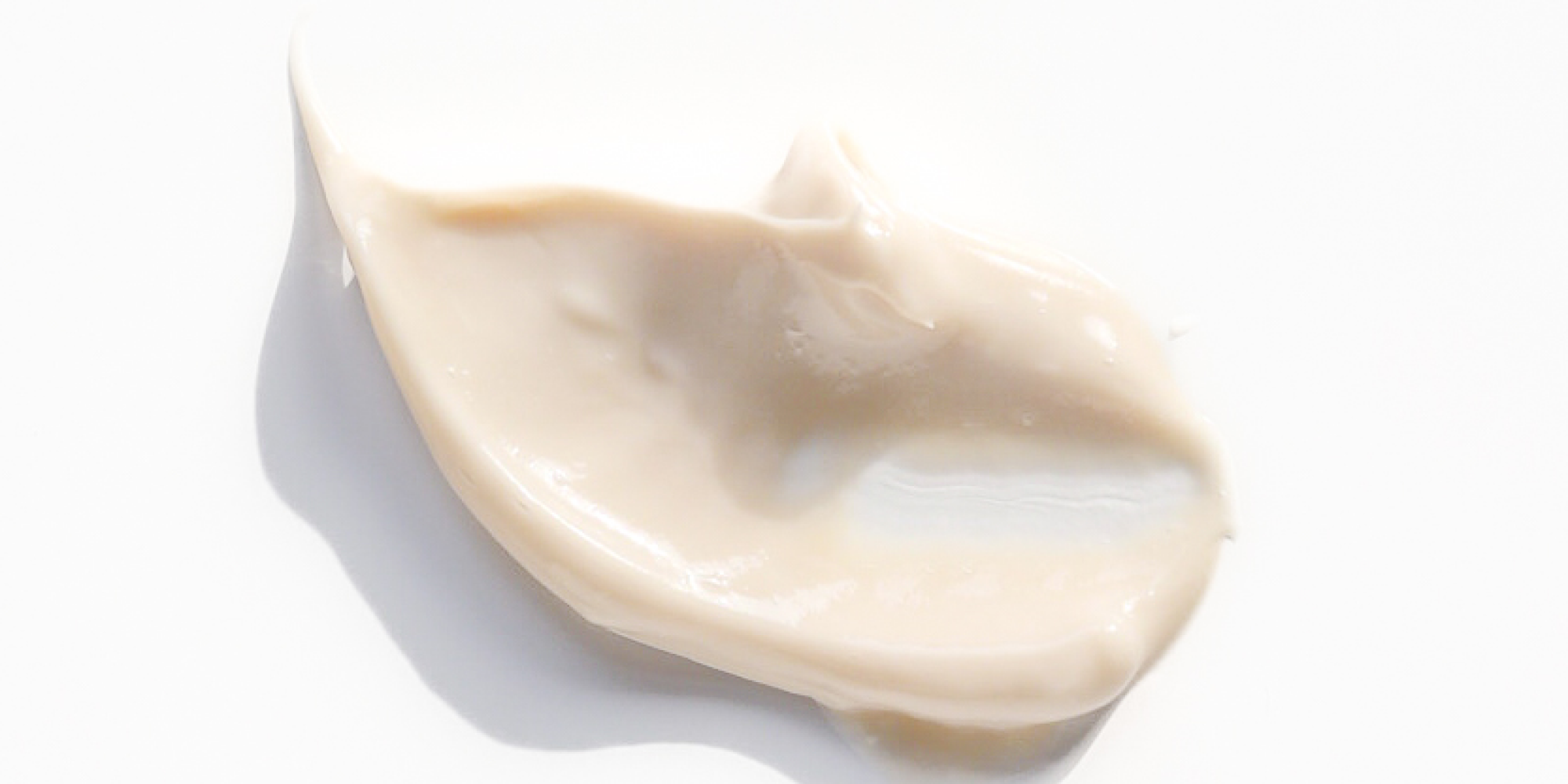
Understanding How Your Skin Ages
Your skin age - also called your skin's "functional age" - refers to the youth and elasticity of your skin. Your actual age and your skin's age may be different. Skin aging can be greatly impacted by lifestyle choices.
According to the American Society of Dermatology, only 10% of what we consider signs of aging have intrinsic causes - meaning, caused by our genetic makeup. The remaining 90% are extrinsically caused - meaning external to our environment, and able for us to manage!
There are three primary sources of extrinsic aging: oxidative stress, glycation, and inflammation.
Oxidative Stress and Skin Health
Oxidative Stress describes a chain of reactions when there is an imbalance of free radicals and antioxidants fighting to neutralize the damaging effects. A free radical is an unstable molecule that takes an electrons from another cell, which then steal an electron from another cell. This is a damaging chain reaction that impacts your health: including memory loss, muscle and joint pain, fatigue, and brain fog.
Oxidative stress impacts your skin as well. According to a scientific report from nature.com, "Oxidative stress can cause skin wrinkling and is known to be associated with skin diseases in humans."
A blood plasma test can determine a free radical imbalance within the body.
Glycation, Fine Lines, and Wrinkles
Glycation is chemical reaction where metabolism slows, the ability to digest sugar decreases, forming AGEs (advanced glycation end products) that stick to lipids and proteins like collagen and elastin fibers making them more brittle. This can cause deep wrinkles, lines, and accelerated skin aging. This impacts the skin's barrier function - making it less able to retain moisture and protect against allergens or irritants.
Glycation can be caused by a combination of UV damage, a high sugar diet, and stress that increases in the glucose levels in the blood. This can be controlled through environmental and sun protection, limiting sugar intake, and stress management.

Skin Inflammation and Breakouts
The skin reacts to bacteria and viruses with inflammation. This kickstarts a healing repose to protect the skin. However, glycation accelerates inflammation, which can lead to chronic inflammation. Chronic inflammation can worsen skin conditions like acne, rosacea, eczema, and psoriasis. It is a catalyst for the visible skin ageing process known as “inflammaging. From a recent Glamour article, "In the dermis, which is the thickest layer of our skin, inflammaging will break down the architecture of the skin... “[It can] lead to the loss of collagen, hyaluronic acid, and other glycosaminoglycans (antiaging molecules) including chondroitin, which causes wrinkles and loss of elasticity in the skin.”
Signs of Extrinsic Aging
- vertical and horizontal lines
- degradation of collagen and elastin proteins
- leathery texture
- pigmentation irregularities
Primary Causes of Extrinsic Aging
- UV rays
- air pollution
- poor diet
- alcohol
- smoking
- stress
- lack of sleep
- harmful chemicals in foods and personal care products
Combatting Extrinsic Aging
- use sun protection daily
- stop smoking
- eat a balanced, healthy diet
- reduce alcohol consumption
- exercise most days
- cleanse gently
- moisturize daily
- avoid products that irritate your skin
We would add de-stressing by meditating, walking outdoors, and getting enough rest.
Dubois Beauty products help support your skin health with safe, clean ingredients. Each product is tested and proved to be non-irritating, even to sensitized skin. To learn more about a holistic approach to healthy aging, read our book Living Beautifully: Creating a Holistic Lifestyle.






